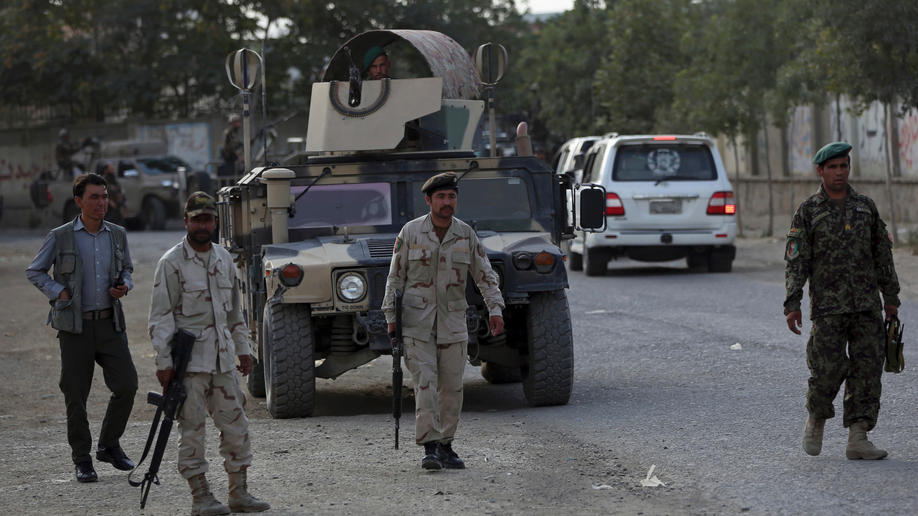The Taliban have killed at least 346 former Afghan government officials and security forces since regaining power in 2021, despite publicly announcing a general amnesty, according to findings compiled from multiple United Nations reports and reviewed by Deeyar TV.
The data, drawn from 13 quarterly reports by the UN secretary-general, nine routine updates and one special report by the UN Assistance Mission in Afghanistan (UNAMA), also shows 747 other individuals were arbitrarily detained, tortured or forcibly disappeared during the same period.
From “amnesty” to retribution
The killings began within weeks of the Taliban’s takeover of Kabul in August 2021, UNAMA documented. In the final months of that year alone, more than 67 former officials and security personnel were summarily executed, despite Taliban denials at the time. UNAMA described its findings as “credible and well-substantiated.”
Violence intensified through 2022. Between January and May that year, at least 30 more people were killed, followed by 46 others between May and August – an apparent sign of what observers described as a “systematic policy” to eliminate individuals seen as threats.
While reported killings dipped intermittently – nine cases recorded between November 2022 and January 2023, four between February and May 2023 – fresh waves followed, including 10 killings in the August–October 2023 period. The latest UNAMA report, covering November 2024 to January 2025, documented one unlawful killing, bringing the cumulative total to 346.
Beyond killings: detentions and torture
UNAMA’s reports suggest hundreds more have been subjected to abuses short of execution. At least 549 people were arbitrarily detained, 184 tortured or ill-treated, and 14 forcibly disappeared since the Taliban’s return to power. In the most recent reporting period alone – November 2024 to January 2025 – 37 were detained and 18 tortured.
Taliban denial vs. documented abuses
Taliban officials have repeatedly dismissed allegations of retributive violence, calling them “personal disputes” rather than policy. In December 2023, the group’s Defence Ministry said no violations had occurred, while deputy prime minister Abdul Salam Hanafi promised in August 2023 that revenge attacks would be treated as crimes.
Yet a separate UNAMA report released that month documented at least 218 unlawful killings between August 2021 and June 2023 – accounting for the majority of total cases.
Targeted reprisals
Most victims were senior officials, military officers or individuals accused of links to foreign forces or anti-Taliban groups such as the National Resistance Front. Provinces like Panjshir – a hub of anti-Taliban resistance – witnessed some of the deadliest reprisals, underscoring what analysts describe as a pattern of “systematic purges.”
Global response muted
International actors have expressed concern over the reports but taken little concrete action. Limited access for rights monitors and a lack of effective pressure tools have left the Taliban largely unaccountable. UNAMA’s meticulously documented findings, observers say, amount to “a cry in the dark” rather than leverage for change.
Broken promise
More than three years after the Taliban’s amnesty pledge, the data portrays a grim reality: hundreds killed, hundreds more detained or tortured, and little sign of accountability. Rights advocates warn that unless the Taliban are held to their promises – or the international community finds ways to enforce them – Afghanistan’s cycle of revenge and impunity will continue.







